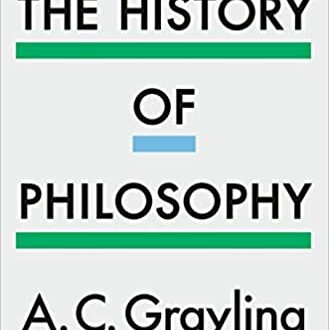J.P. Moreland argues that certain features that we take to be part of what it means to be human are incompatible with naturalism but are every bit accounted for by Biblical Theism. Naturalistic views usually have three components – a commitment to an empirical epistemology, a historical account (“Grand Story”) reliant upon causal theory and emergenitism, and a constitutive account restricted to an ideal physics explainable with reference to causal theory. Moreland argues that consciousness, free will, rationality, an enduring soul, objective morality and human intrinsic value are all incompatible with naturalism. Moreland concludes by suggesting that the best the naturalist can offer is a dismissive strategy that takes human features for granted without explanation but he is pessimistic about the success of such a strategy.
Moreland’s argument appeals to the most common conception of human features without which we would be caused to wonder if there is anything left that counts as truly human. Human consciousness, construed as essentially a mental state featuring sensation, thought, beliefs, desire and acts of the will, involves a unified, first person point of view. Mental properties are not identical to physical properties. The argument from consciousness concludes that naturalism cannot account for mental properties (intention and alike) without begging the question, falling into epiphenomenalism or resorting to panpsychism.
Human beings intuitively believe that they have libertarian free will. If naturalism is true then libertarian free will is false. LFW is necessary for various functions of human beings we consider important such as reasoning to a conclusion.
Rationality cannot be grounded in a naturalistic ontology. The unity of thought, free will and epistemic power, as we commonly take them to be in the reasoning process, are incompatible with naturalism.
There are a couple of difficulties with Moreland’s argument. First, Moreland wants to argue that biblical theism (BT) provides the conditions for human consciousness.[1] Although there is no doubt that BT could support Moreland’s view it is also compatible with other views. It might have been better to state that he is arguing for general theism rather than a biblical theism. At points one even wonders if, in fact, the argument is not for theism, but for dualism and libertarian free will.
Moreland’s argument from free will appears to be an argument for the incompatibility of LFW with determinism. If naturalism is true then determinism is true and the benefits of free will are unobtainable (rationality, for example). It is not clear that this argument succeeds or that any other type of determinism cannot survive the implication. A Divine determinist (Islamic or otherwise) seems to have an account of rationality devoid of LFW. Why not, as a naturalist, employ this to at least cast doubt on the necessity of LFW for rationality?[2]
[1] J.P. Moreland The Recalcitrant Imago Dei: Human Persons and the Failure of Naturalism (London: SCM Press, 2009), 143.
[2] Feinberg, John S. Feinberg, “And the atheist shall lie down with the Calvinist: Atheism, Calvinism, and the free will defense.” Trinity Journal 1, no. 2 (September 1, 1980): 142-152.


